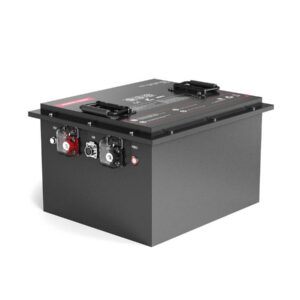
Is it okay to leave a lithium-ion battery on the charger overnight?
Leaving a lithium-ion battery on the charger overnight is generally safe with modern charging systems. Most chargers and devices have smart charge management that stops current flow once the battery reaches full capacity, preventing overcharging. However, prolonged exposure to a full charge state (e.g., 100% voltage) may accelerate chemical degradation, slightly reducing long-term battery health.
How to Safely Dispose of and Recycle Car Batteries
What risks exist when leaving lithium batteries charging overnight?
Key risks include thermal buildup from defective chargers and cumulative voltage stress on cells. While rare, aged or damaged batteries might experience micro-dendrite growth during extended trickle charging phases.

Modern battery management systems (BMS) mitigate most risks by disconnecting power post-charge. For example, a smartphone left plugged in overnight typically enters a float charge mode, maintaining 97–100% without overvoltage. Pro Tip: Avoid charging on flammable surfaces—batteries generate 3–5°C heat even in standby. Transitionally, while safety mechanisms exist, aged cells require vigilance. What if the charger malfunctions? Quality-certified (UL/CE) chargers include overvoltage and temperature cutoffs.
How does continuous charging affect battery lifespan?
Sustained 100% charge stresses lithium-ion cells, accelerating electrolyte oxidation. Each month of nightly charging may degrade capacity 0.5–1% beyond normal aging.
Lithium-ion batteries operate optimally between 20–80% charge. Keeping them at peak voltage increases internal resistance—imagine a stretched rubber band losing elasticity. Practically speaking, laptops left plugged in constantly often show 10–15% capacity loss within a year. Pro Tip: Use devices with charge limiters (e.g., Samsung’s 85% mode) to prolong cycle life. Table below compares charging habits:
| Charging Pattern | Annual Capacity Loss | Risk Level |
|---|---|---|
| Overnight, full charge | 5–8% | Moderate |
| Partial (20–80%) | 2–3% | Low |
Battery Expert Insight
FAQs
Can I use any charger for overnight charging?
Only use OEM or certified chargers—generic units may lack proper voltage regulation, risking cell imbalance.
Do fast chargers increase overnight risks?
No, once the battery reaches full charge, all chargers revert to maintenance mode regardless of initial speed.
Should I unplug immediately at 100%?
Not necessary, but consider using smart outlets to limit charging to 2–3 hours post-full charge.
